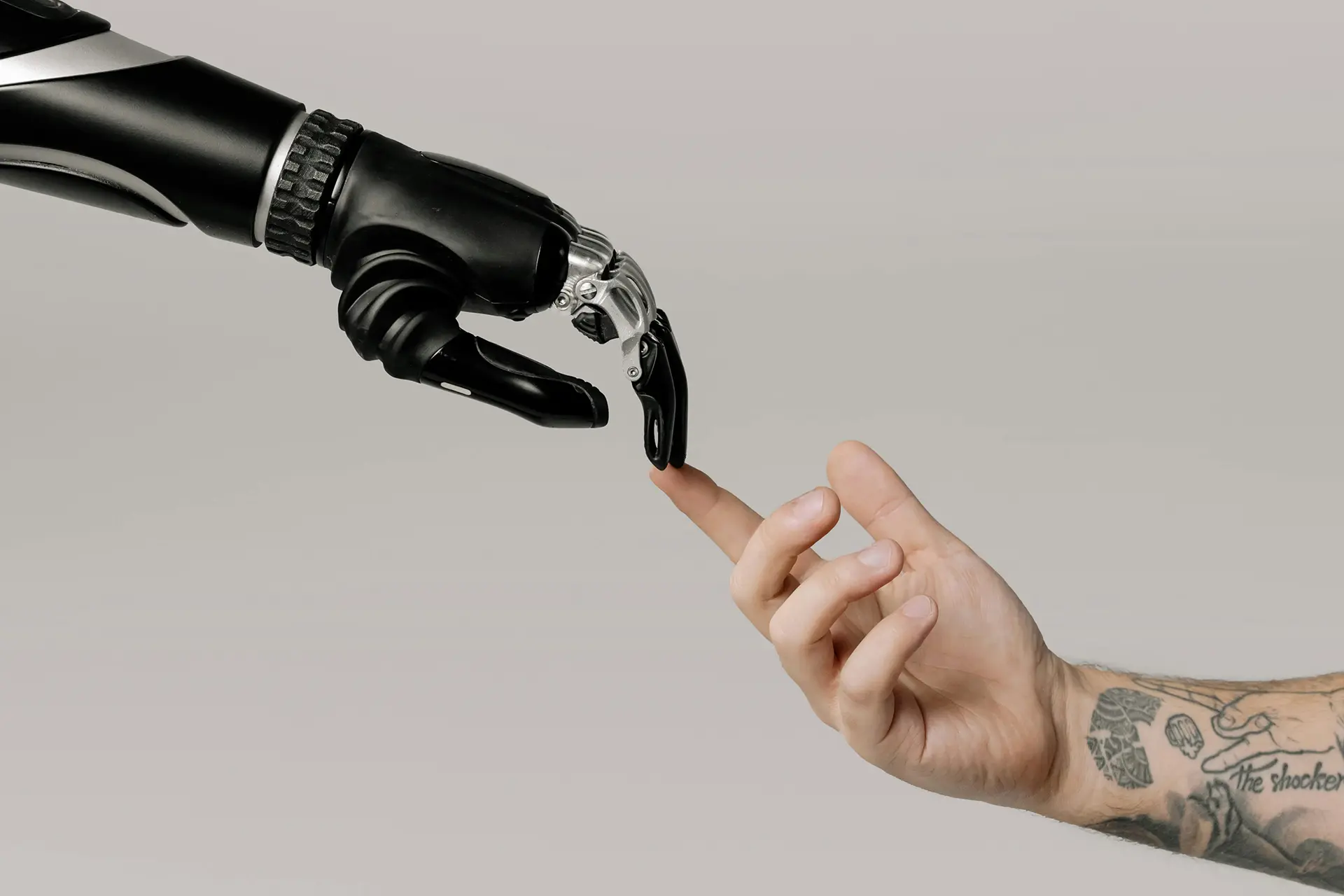What are the contributions of artificial intelligence to today’s physiotherapy?
Artificial intelligence (AI) offers several advantages and significant contributions to contemporary physiotherapy :
Personalization of Treatments
AI can analyze vast sets of medical data to identify specific patterns and trends in patients. Using this information, physiotherapists can develop customized treatment programs that take into account each patient’s individual characteristics, such as their current physical condition, medical history, and rehabilitation goals.
Automated Monitoring and Evaluations
Wearable devices and biometric sensors equipped with AI can monitor patients’ vital signs, movements, and progress in real-time during physiotherapy sessions. This data can be instantly analyzed to assess the patient’s performance and adjust exercises accordingly, providing continuous and accurate feedback.


Motion Analysis
AI can be used to analyze videos of patients’ movements during rehabilitation exercises. Using techniques such as pattern recognition and machine learning, physiotherapists can detect anomalies in movement technique, muscle asymmetries, or postural imbalances, allowing them to provide precise guidance and corrections to improve the effectiveness and safety of exercises.
Injury Prevention
By analyzing biometric data and identifying potentially harmful movement patterns, AI can help identify injury risks in patients. Physiotherapists can then recommend posture adjustments, technique modifications, or specific exercises to reduce these risks and promote safe and effective recovery.
Resource Optimization
AI algorithms can analyze data from patients and therapists to optimize appointment scheduling and resource allocation in physiotherapy clinics. By considering patients’ individual needs, therapists’ availability, and treatment goals, these systems can help maximize operational efficiency and reduce appointment waiting times.
Increased Accessibility
AI applications and platforms can provide personalized rehabilitation programs and detailed instructions for patients to follow at home. These tools may include exercise videos, technique tips, and session reminders, enabling patients to continue their rehabilitation autonomously and effectively, even outside clinic sessions.

In summary, AI brings significant innovations to today’s physiotherapy by making treatments more personalized, efficient, and accessible, while offering new possibilities for analyzing and evaluating patients’ movements and performance.
